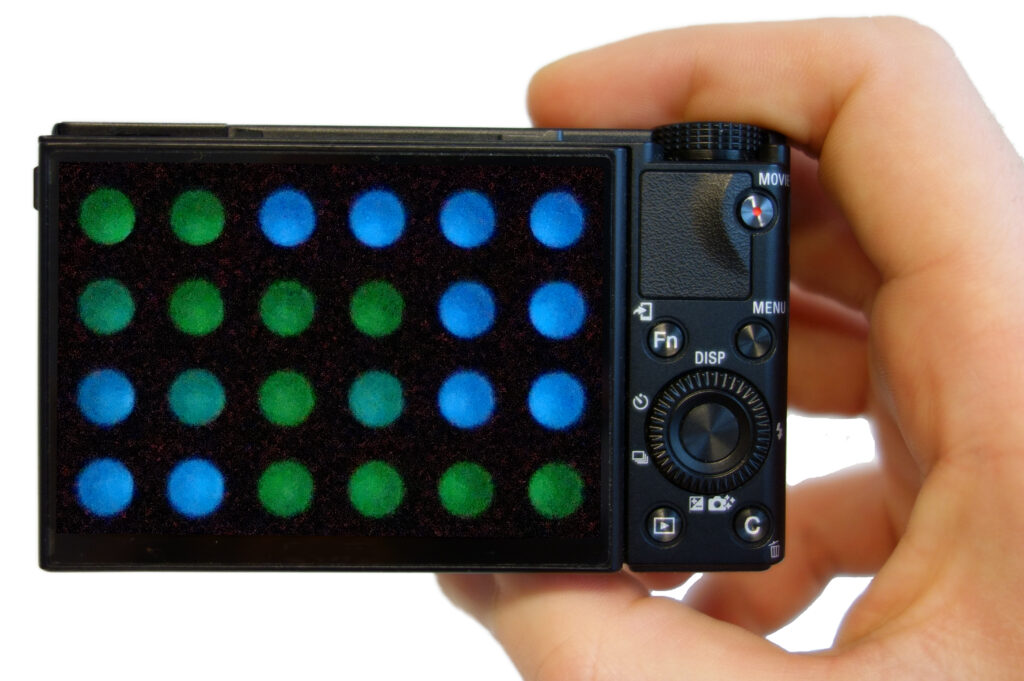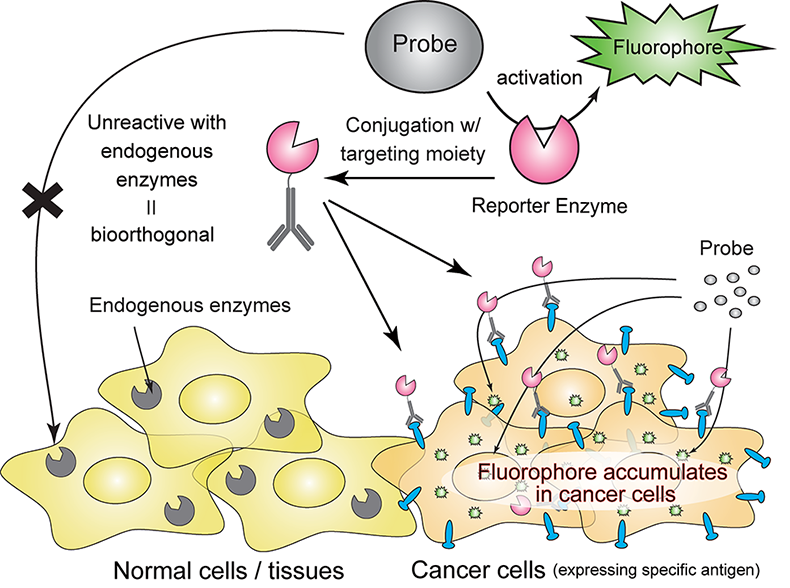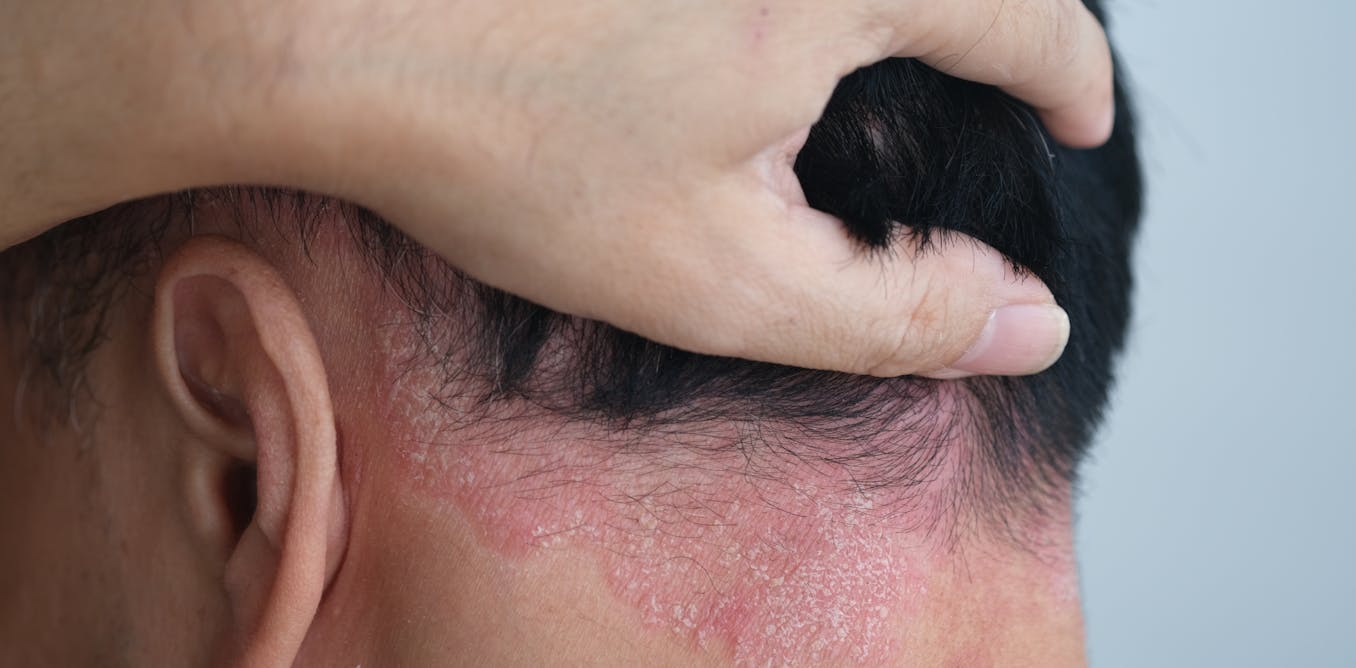
Malaria, gonorrhea, and chlamydia are among the infectious diseases posing significant global health challenges, particularly in low-income countries. Annually, malaria claims an estimated 600,000 lives, with over 95% of these deaths occurring in sub-Saharan Africa. In response, Spotlight Diagnostics (Spotlight Dx), a pioneering startup founded by researchers from Eindhoven University of Technology (TU/e) and medical microbiologists from the Global Health Initiative, is developing a rapid and precise test for detecting infectious diseases directly in the field. “Our test does not require a lab to measure accurately; a simple reading device is sufficient,” explains co-founder Claire Michielsen.
In many low-income countries, healthcare access is severely limited due to resource constraints and weak infrastructure. This often leads to healthcare providers treating patients without a clear diagnosis, resulting in the misuse of antibiotics and exacerbating antibiotic resistance. “To measure is to know – and for that, you need reliable tests,” Michielsen emphasizes. Spotlight Dx, established in March this year, aims to address this gap with an affordable and user-friendly pathogen detection test.
Revolutionary Testing Method
Pathogen detection traditionally relies on various methods, with PCR being a widely recognized and accurate technique, especially since the coronavirus pandemic. PCR identifies pathogens through their unique DNA or RNA, akin to a genetic fingerprint. However, PCR’s requirement for laboratory capacity, expensive equipment, and trained personnel limits its accessibility in resource-poor settings. Conversely, simple rapid tests based on antigen detection, while affordable and easy to use, often lack sensitivity.
“Our test is right in the sweet spot between the two,” states co-founder Harm van der Veer. “It focuses on DNA, is almost as sensitive as PCR, but is faster and much easier to use—even outside the lab. In principle, a simple smartphone camera is all you need to read the light emitted by the test.”
Advanced Technology at Work
Spotlight Dx employs CRISPR technology, renowned for gene editing, to identify the DNA of pathogens. The process utilizes Cas9 proteins that react only when they encounter the correct DNA sequence. These proteins are linked to luciferase enzymes, which emit light upon recognizing the target DNA. By using a DNA amplification method that operates at a constant, relatively low temperature, the pathogen’s genetic material can be quickly and efficiently multiplied. This approach not only enhances speed and sensitivity but also allows the results to be read with a simple device.
From Development to Global Impact
Although Spotlight Dx is a new venture, the test has been under development for years within the research group of co-founder Maarten Merkx. The initial setup involved a light-tight box with a camera, first tested during the COVID-19 pandemic at Rijnstate Hospital in Arnhem. “We compared our results with those of the regular PCR test, and our test performed remarkably well, proving to be faster,” Van der Veer recalls. These promising results were published in the esteemed journal ACS Central Science.
Since then, the technology has evolved through various student projects and initiatives, enabling the detection of multiple pathogens. Recently, the test was applied to samples from patients with gonorrhea and chlamydia, two STIs with similar symptoms but requiring different treatments. “We’ve developed color variants: blue light means chlamydia, green light means gonorrhea, allowing for quick and clear detection of both infections,” Van der Veer explains.
Field Validation in Uganda
An important milestone is approaching as Van der Veer prepares to travel to Uganda to validate the test at Kumi Hospital, located in a rural area. “We will initially focus on malaria,” he notes. “Malaria remains a leading cause of death worldwide, and current antigen tests often fail due to low sensitivity and increasing mutations. The WHO has long called for better tests, and we are committed to contributing to this need.”
Building a Sustainable Future
Spotlight Dx was founded by five individuals, including medical microbiologists Guido Bastiaens and Erik Schaftenaar, who have extensive experience in sub-Saharan Africa. “They built a strong network and witnessed firsthand the urgent need for better diagnostics,” Michielsen shares. The startup collaborates with universities and research centers in Uganda, Rwanda, and Burkina Faso to conduct validation studies and build local capacity. They also engage with local policymakers and the diagnostics market to facilitate the technology’s integration into healthcare systems.
Support and Growth
The startup’s rapid progress is bolstered by financial support from the Eindhoven University Fund (UFe) and the Biotech Booster program of the National Growth Fund, aimed at valorizing biotech innovations. “This Biotech Booster project aligns perfectly with our goals for Spotlight Dx,” says Van der Veer.
The ultimate objective is to create a significant social impact as a sustainable, independent company. “We are not a charity; we are building a company that can sustain itself and expand its impact,” Michielsen asserts. Van der Veer adds, “We are starting with the development and production of the test kits in the Netherlands but ultimately aim to move production to the countries with the greatest need. This will ensure the technology remains accessible, affordable, and sustainable—even without foreign aid.”






